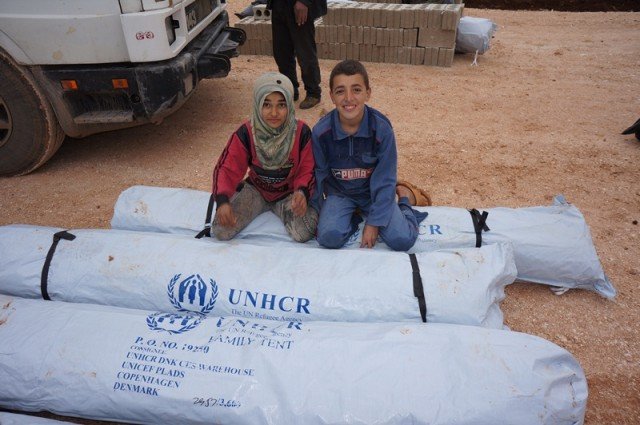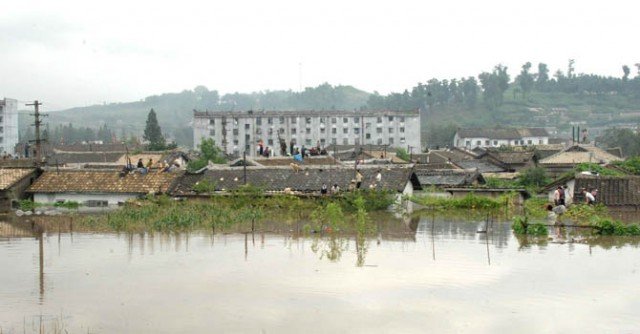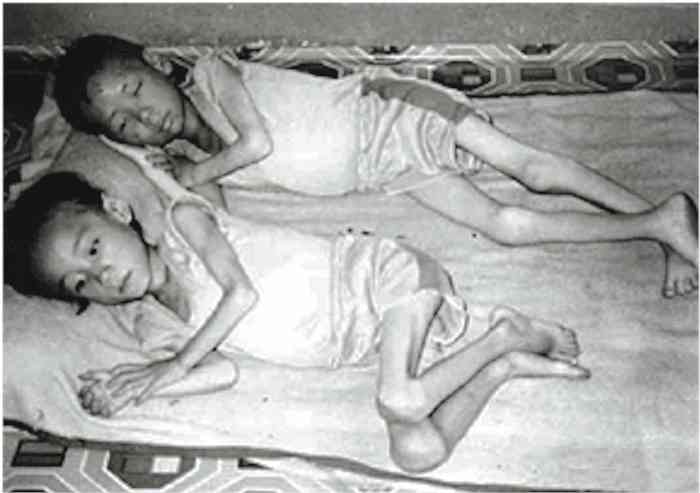The UN has appealed for a record $16 billion to fund its humanitarian operations in 2015, with almost half the total going to help victims of the Syrian conflict.
It says the money will provide aid for more than 57 million of the most vulnerable people around the world.
The UN humanitarian chief said the level of need was “unprecedented”.
The request comes as aid agencies warn they are running out of cash to fund this year’s operations in Syria.
Last week the World Food Programme announced it would have to cut food rations to Syrian refugees.
The UN is requesting $2.8 billion to help those displaced by the conflict inside Syria.
It is seeking another $4.4 billion to help more than 3,250,000 Syrian refugees registered in neighboring countries.
“The rising scale of need is outpacing our capacity to respond,” said UN Undersecretary-General for Humanitarian Affairs Valerie Amos.
“The crises in Central African Republic, Iraq, South Sudan and Syria will remain top humanitarian priorities next year.”
Valerie Amos said those conflicts accounted for more than 70% of the funding being sought.
Other major crises covered by the appeal include Afghanistan, DR Congo, Myanmar, Palestinian territories, Somalia, Sudan, Ukraine and Yemen.
However, the UN said it did not include nine countries in Africa’s Sahel region, which will be addressed in a separate request in February.
UN High Commissioner for Refugees Antonio Guterres said: “This is not business as usual in the humanitarian world. Today’s needs are at unprecedented levels, and without more support there simply is no way to respond to the humanitarian situations we’re seeing.”
Food and medical supplies for refugees have to be purchased in advance, and field hospitals have to be delivered and built.
The floods that hit parts of North Korea in recent weeks have killed 169 people and left 400 missing, the state news agency says, sharply revising earlier casualty figures.
The floods and heavy rain in late June and July have also made more than 212,000 people homeless, it says.
Some 65,000 hectares (160,000 acres) of cropland were affected.
The UN’s World Food Programme (WFP) says it is sending emergency food aid to North Korea after it asked for aid.

The floods that hit parts of North Korea in recent weeks have killed 169 people and left 400 missing
Official media had previously reported 119 deaths in the floods.
On Friday, the WFP said the initial food assistance would provide flood victims with 400 g (14 oz) of maize per day for two weeks, but it did not say when the food would arrive.
UN officials in Pyongyang who visited flood-hit parts of the country to assess damage said the need for aid was urgent.
Damage to infrastructure and farmland has affected the country’s already dire food shortage problem.
More than 8,600 houses were destroyed and another 43,770 swamped, along with some 1,400 schools, factories and healthcare facilities, according to the state news agency.
Residents in these areas need of food supplies, as well as clean water, as wells have been contaminated by sewage during the floods.
North Korea relies on food aid because it cannot grow enough food to feed its people.
Famine in the mid-1990s is believed to have killed hundreds of thousands of people.
A UN report released last month estimated that two-thirds of North Korea’s 24 million population suffer from a chronic shortage of food.
[youtube uXPTro8b7MI]
Many reports claimed that North Koreans are a few inches shorter than their counterparts south of the border.
Is that true?
North Korea’s recent failure to launch a long-range rocket was embarrassing for its new leader, Kim Jong-Un. It was supposed to be a symbol of progress.
Renewed media interest in North Korea since Kim Jong-Un replaced his father has prompted the re-emergence of a claim which appears to be a symbol not of progress, but of relative decline: that North Koreans are much shorter than South Koreans.
The Independent reported last week that “nothing is small in North Korea apart from the people, who are on average three inches shorter than their cousins in the South”.
This statistic, or versions of it, have been quoted for some time. In 2010 the late Christopher Hitchens put the difference at six inches in an article in Slate titled A Nation of Racist Dwarfs.
Senator John McCain referred to a three-inch gap in a 2008 presidential debate.
So what’s the truth? Professor Daniel Schwekendiek from Sungkyunkwan University in Seoul has studied the heights of North Korean refugees measured when they crossed the border into South Korea.
He says North Korean men are, on average, between 3 – 8 cm (1.2 – 3.1in) shorter than their South Korean counterparts.

The Independent reported last week that "nothing is small in North Korea apart from the people, who are on average three inches shorter than their cousins in the South"
A difference is also obvious between North and South Korean children.
“The height gap is approximately 4 cm (1.6in) among pre-school boys and 3 cm (1.2in) among pre-school girls, and again the South Koreans would be taller.”
Prof. Daniel Schwekendiek points out that the height difference cannot be attributed to genetics, because the two populations are the same.
“We’re dealing with the Korean people,” he says, “and Korea is interesting because it basically hasn’t experienced any immigration for many centuries.”
Martin Bloem is head of nutrition at the World Food Programme, which has been providing food aid to North Korea since 1995. He says poor diet in the early years of life leads to stunted growth.
“Food and what happens in the first two years of life is actually critical for people’s height later,” he says.
In the 1990s North Korea suffered a terrible famine. Today, according to the World Food Programme, “one in every three children remains chronically malnourished or ‘stunted’, meaning they are too short for their age”.
South Korea, in contrast, has experienced rapid economic growth. Bloem says “economic growth is one of the main determinants of height improvement”.
So while North Koreans have been getting shorter, South Koreans have been getting taller.
“If you look at older Koreans,” says Prof. Daniel Schwekendiek, “we now see a situation where the average South Korean woman is approaching the height of the average North Korean man.
“This is to my knowledge a unique situation, where women become taller than men.”
The secretive nature of North Korea makes it difficult to find reliable data for analysis.
Prof. Daniel Schwekendiek has studied refugees, but he rejects the notion that people driven to cross the border to South Korea are the most disadvantaged and therefore most likely to be stunted.
The refugees, he says, “come from all social strata and from all regions”.
He has also studied data collected by the North Korean government and by international organizations working in North Korea, which he says support his findings.
It seems that this height statistic reveals a tragic fact – that as South Koreans have got richer and taller, North Korean children are being stunted by malnourishment.



